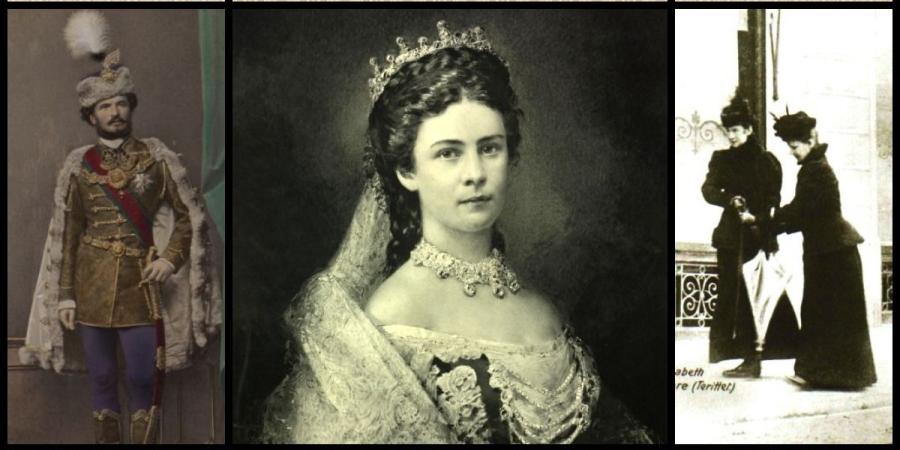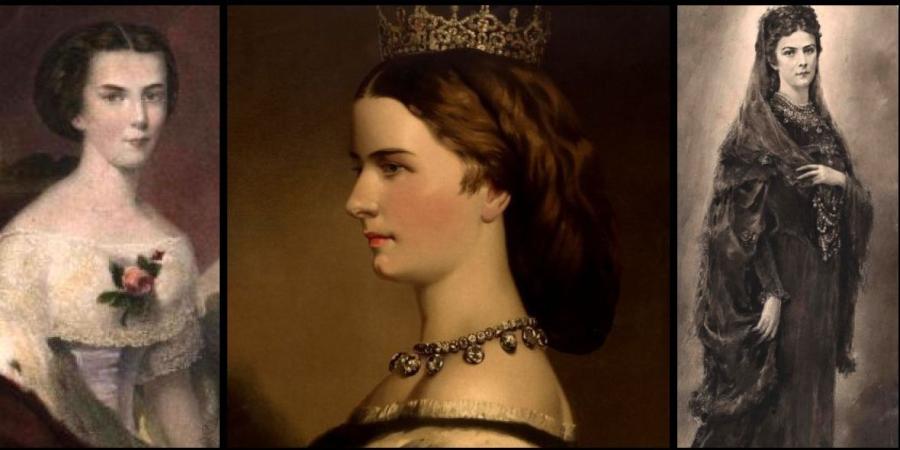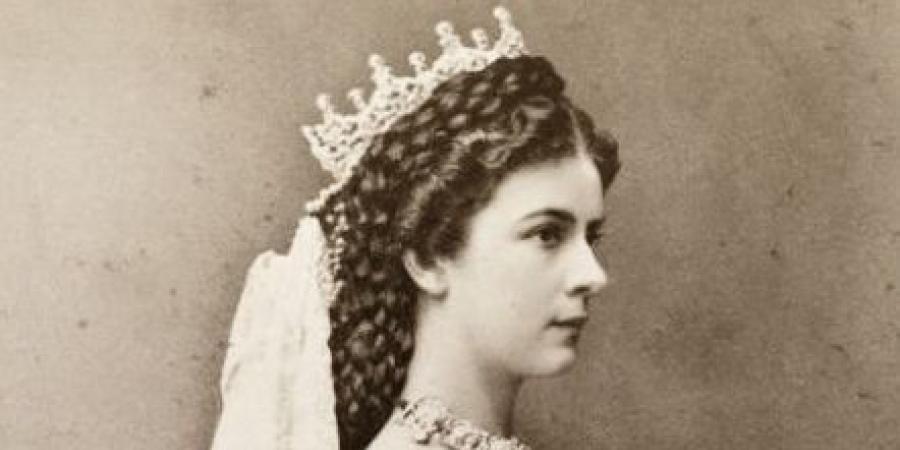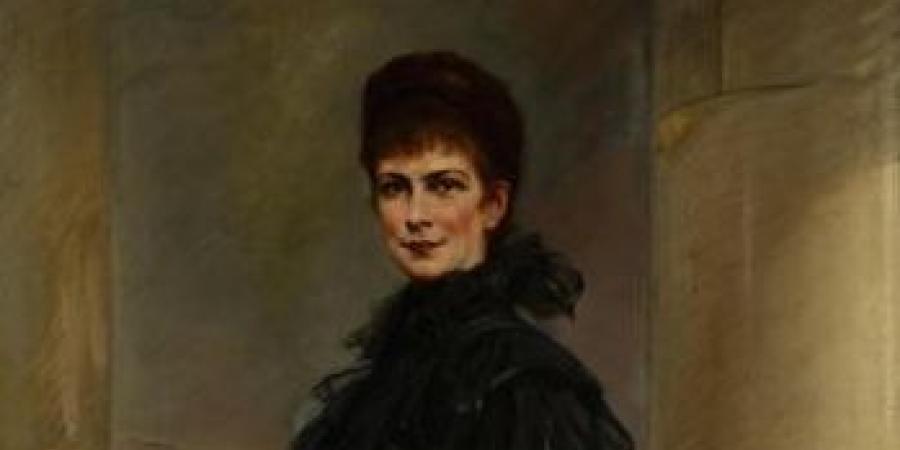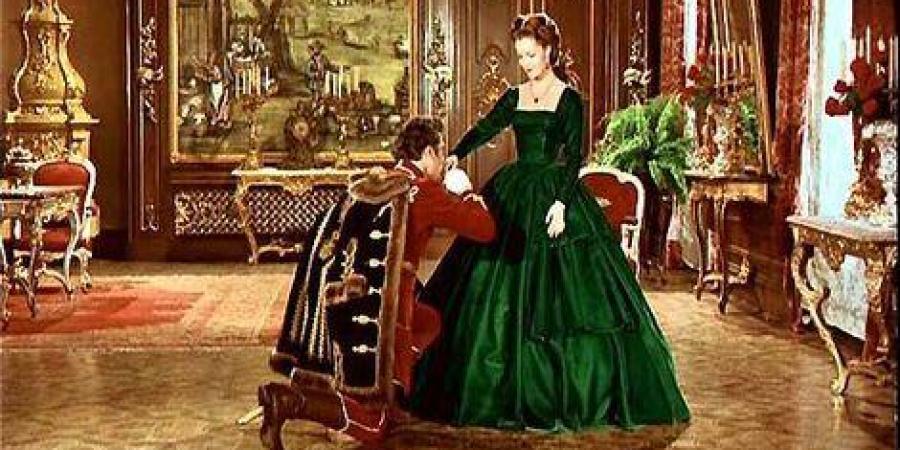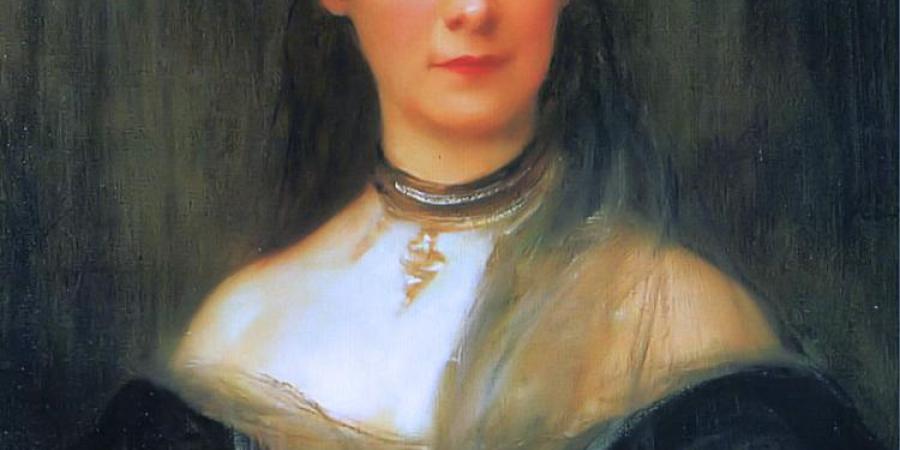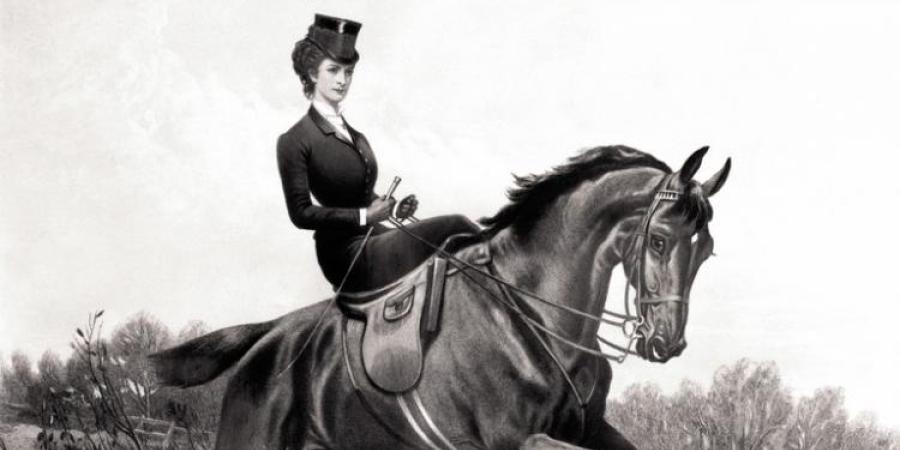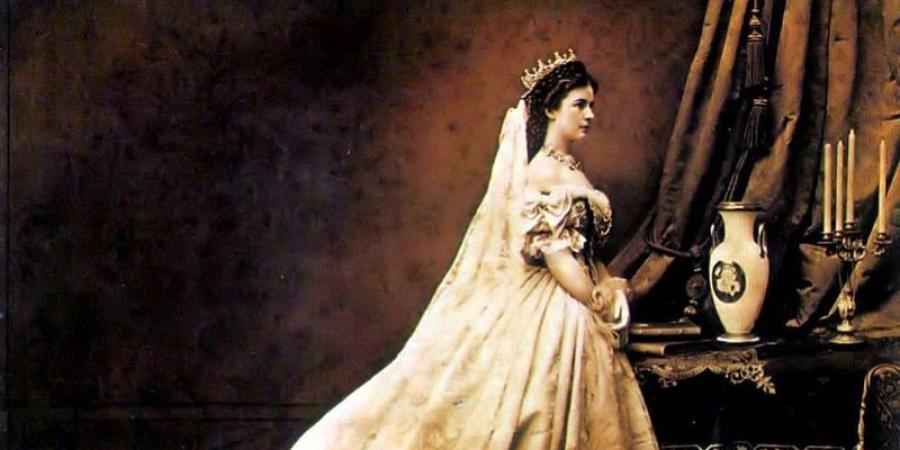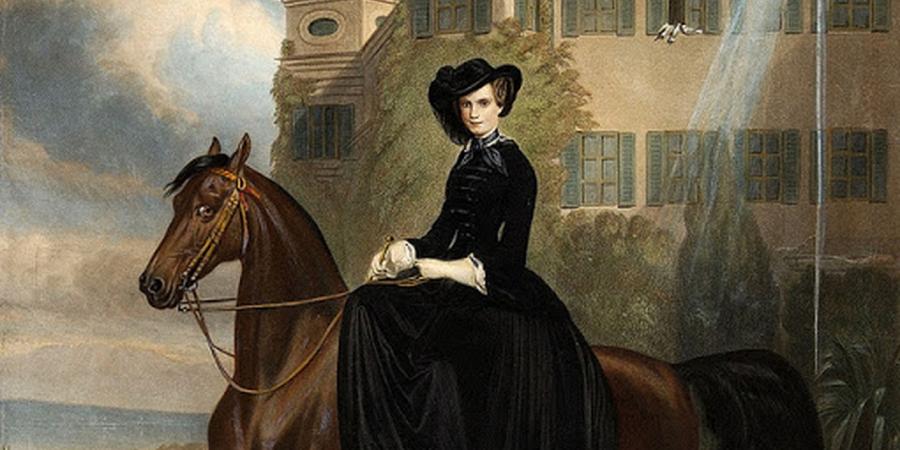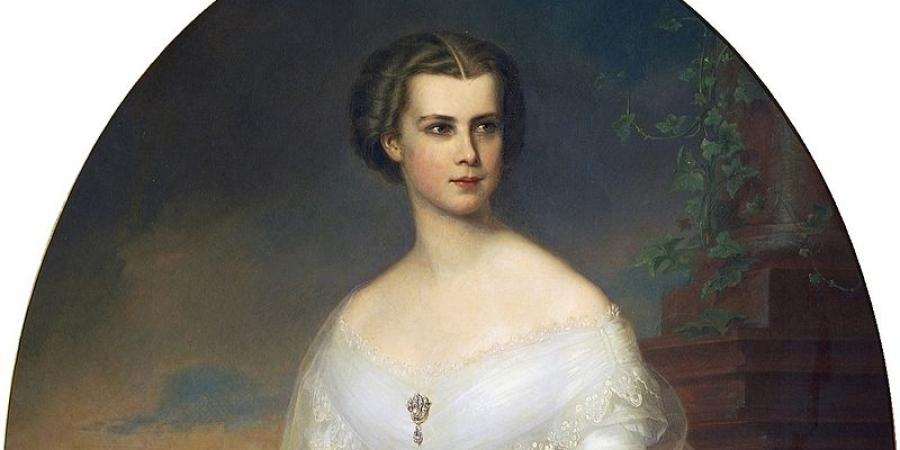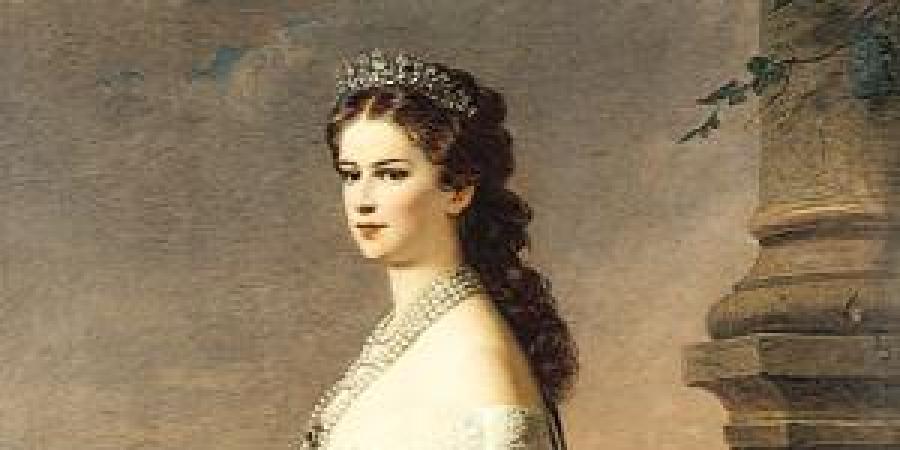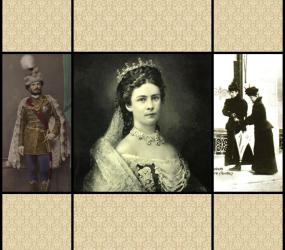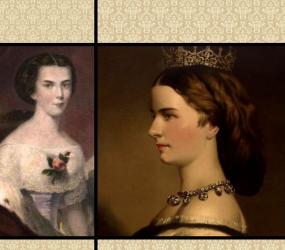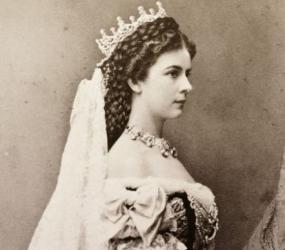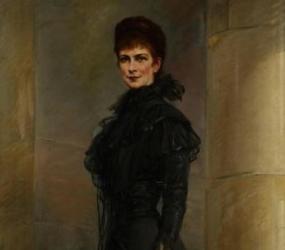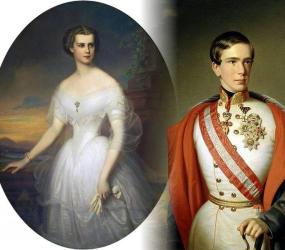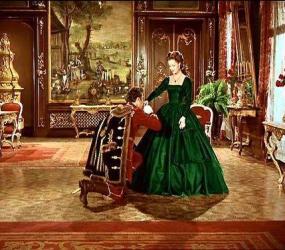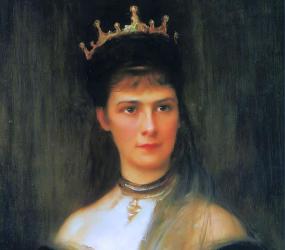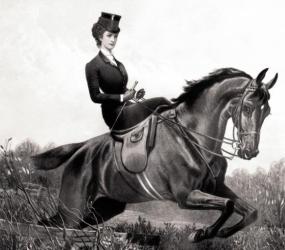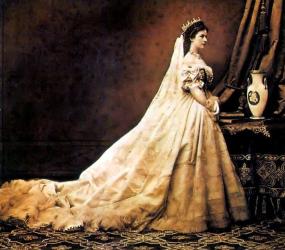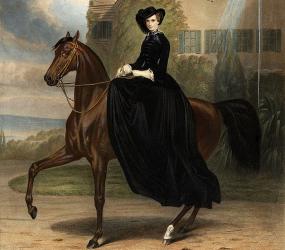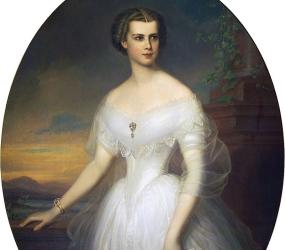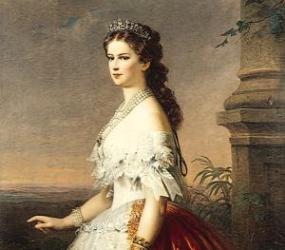Rovatok
The Life and Death of Elisabeth, the Queen Consort of Hungary
A short outline of Elisabeth's relationship to the Hungarians
Elisabeth was the Queen consort of Hungary from 1867 to 1898. She was surrounded by love and worship in Hungary during her lifetime, which increased after her tragic death. We, Hungarians call Elisabeth “Erzsébet”, which was the form she liked to use in her Hungarian conversations and letters. The Queen learnt to speak our language as a native speaker, what is more, she had her fourth child, Marie Valerie taught this language as her mother tongue. It was the language she used when talking to Valerie.
The Life of the Legendary Sisi
Empress Elisabeth of Austria (1854-1898) and Queen consort of Hungary (1867-1898) was surrounded by love and worship in Hungary during her lifetime, which increased after her tragic death. This interest and admiration towards her have not decreased over more than a hundred year. Most people who love Elisabeth got to know her from Ernst Marischka’s Sissi-trilogy of 1950s starring the beautiful actress, Romy Schneider. In Hungary, this popular cult trilogy is on one of the Hungarian TV channels every Christmas remembering, perhaps unwittingly, of Elisabeth's birthday since the Bavarian Duchess was born on 24th December 1837.
QUEEN ELISABETH’S HUNGARIAN COMPANIONS PART 1 Lili Hunyady and Ida Ferenczy
It is obvious that Sisi felt attracted to the Hungarians since she had chosen Hungarian ladies-in-waiting since the early 1860s, who accompanied her not only to Vienna but also to her journeys. Ida Ferenczy, the Hungarian noble lady was her confidant and one of her closest friends. (...) Her very first lady-in-waiting and confident, Countess Lili (Caroline) Hunyady and her life-long one, Ida Ferenczy, the Hungarian noblewoman.
A LEGEND WAS BORN
“There is nothing more ‘horrendous’ than gradually becoming mummified and unwilling to say farewell to youth. To go about as a rouged larva - dreadful! Perhaps later, I shall always wear a veil, and not even those closes to me will no longer see my face,” said Empress Elisabeth.
A WEDDING PROPOSAL WHICH CANNOT BE REFUSED - What is behind the fairy tale?
The fifteen-year-old Elisabeth and the twenty-three-year-old Franz Joseph met (actually for the second time: they met some years earlier) in a fashionable resort, Bad Ischl on 16th August in 1853, where Duchess Ludovica and her older daughter were invited by Archduchess Sophie. Sophie’s intention was to reintroduce Helene (her chosen one) and Franz Joseph each other. It was the Ludovica’s decision to take Sisi with herself...
A love story you know very well, or not? What could be the first impression of Franz about the young Sisi? Did Elisabeth really love Franz? What is behind the fairy tale?
ELISABETH AND COUNT GYULA ANDRÁSSY - LOVE OR FRIENDSHIP?
Many Sisi-fans regard it as a fact that Empress Elisabeth of Austria and the rebellious revolutionist Count Gyula Andrássy, the so called "handsome hooked", were fallen in love with each other. Some go even further and believe that Sisi’s fourth child, Marie Valerie, who was born in Hungary, was not the Emperor’s but Andrássy’s daughter! Why the rumors are not true? The following article will answer the question.
THE EMPRESS WAS ASSASSINATED
Empress Elisabeth of Austria was assassinated by Luigi Lucheni, an Italian anarchist on 10 September in 1898. Lucheni plotted to kill any member of the elite and oppressive upper class but the one he wanted to murder had to be high ranked and important in order to make the Press write about the event. Lucheni was informed by the daily papers that Empress Elisabeth, another royal highness, is in Geneva under a pseudonym so he hurried to the town to assassinate her without knowing anything about her but the fact that she often refused the aid of police and bodyguards. There is a 6-minute picture-video in the article about her assassination.
ELISABETH AS A YOUNG WIFE AND MOTHER
The rooms of the Empress’ children cannot be visited during our walk in the imperial suites in Hofburg since they were located very far from her rooms. The first three children were departed from her (Elisabeth’s first daughter, Sophie died of dysentery in Buda) by her anti-Hungarian mother-in-law. However, it must be noted that Sisi was very happy about her child after her birth! She did not feel lonely, instead, she was overjoyed. She became terribly desperate after Sophie took away her (and later the other ones too). She had the same kind of feelings as it appears on the screen in the film Sissi. What is more, it was even worse. She cried a lot.
THE PORTRAIT OF A QUEEN
Soon after that I heard footsteps. I backed quickly, however, it was too late. She was standing in front of me wearing a dark blue riding dress trimmed with fur, which fitted her tall and slender figure perfectly. The way the hat was sitting on her head made her so gentle and royal. She was holding a white lace fan in her hands, which were covered by thick white gloves. I bowed deeply. I did not dare to look up. I felt my face getting redder and redder due to the shame. Puzzled I was. The novel fell out of my shaking hands. She did not say anything for half a minute then she told me quietly,
THE YOUNGER BAYERN DUCHESS, WHO FITTED THE BLACK BETTER
Ludovica, Helene and Sisi were wearing mourning dresses because of the death of an aunt. The simple, highly closed black dress fitted Sisi perfectly but Helene seemed to be too strict in that. According to many, it also played a role in the Emperor’s choice, and that is why his marriage proposal was made so quickly...
THE WEDDING NIGHT AND WHAT WAS LEFT OUT OF THE FILM SISSI
Their wedding ceremony and all about that were gorgeous and met the protocol requirements. However, even the Emperor's mother, Archduchess Sophie, did not consider that the same should be continued on the way to the master bedroom although in the European royal courts of the nineteenth century it was still in fashion - the bride and the bridegroom were accompanied to the bedroom by members of the court. Sisi was accompanied only by her mother-in-law, Archduchess Sophie and her mother, Ludovica then she was left alone.
WHAT HAPPENED TO THE YOUNG SISI AT THE WEDDING NIGHT – OR WHAT NOT…?
The Emperor, in most of the cases, behaved generously and tactfully with his wife. However, Franz Joseph was introduced to the sexuality by countesses, and it can be questioned whether he could be enough tender and patient with the young and inexperienced Sisi. Probably not, because Elisabeth was not fond of sex either at the early stage of their marriage or later.

